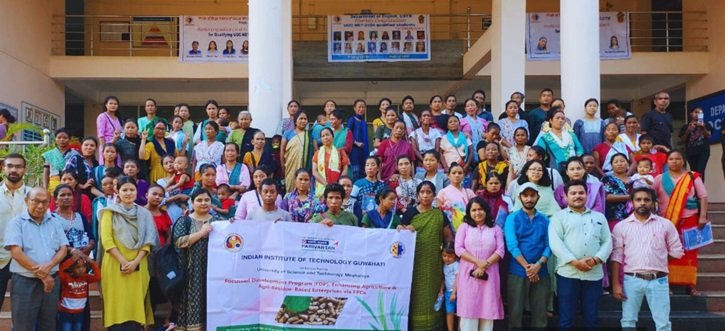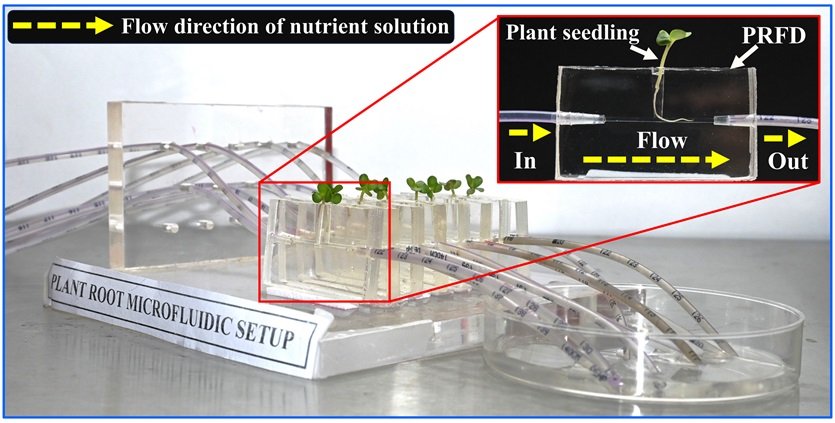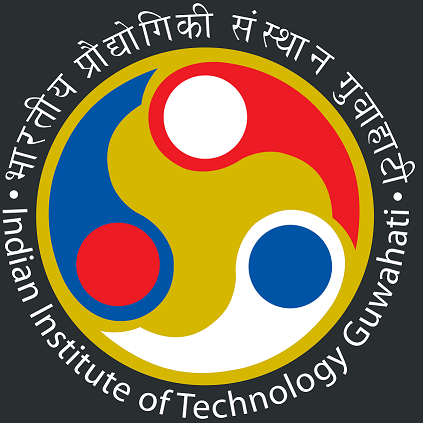IIT Guwahati and HDFC Parivartan drive sustainable development in Northeast India
Three technology-driven interventions aimed at enhancing food and energy security, farmer’s income, and capacity building of thousands of farmers in Assam and Meghalaya.
To promote sustainable rural development, Indian Institute of Technology Guwahati in collaboration with HDFC Parivartan, has implemented three technology-driven interventions aimed at enhancing food and energy security, farmer’s income, and capacity building of thousands of farmers in Assam and Meghalaya. This project also aims to reinforce local economies and promote sustainable agribusiness models.
Under this “Focused Development Program: Enhancing Agriculture & Residue-Based Enterprises via Community Organizations,”, IIT Guwahati is deploying three need-based technologies along with creating the necessary infrastructure and organizational framework to empower farmers and women for running such innovative enterprises.
Speaking about the initiative, Dr Siddhartha Singha, Project Coordinator, and Assistant Professor, School of Agro and Rural Technology, IIT Guwahati, said, “The three technology led development projects under the HDFC FDP can offer rural livelihood and can be considered as model projects that can contribute to multiple sustainable development goals set by United Nations like End hunger, achieve food security and improved nutrition and promote sustainable agriculture, Ensure access to affordable, reliable, sustainable and modern energy for all, Build resilient infrastructure, promote inclusive and sustainable industrialization and foster innovation, Promote sustained, inclusive and sustainable economic growth, full and productive employment and decent work for all.”
The initiative focuses on three key interventions:
Biomass Pellet Production Unit – Established in Meghalaya’s Umnowe Village, Ribhoi District, in collaboration with University of Science and Technology (USTM), this unit processes agricultural, and other locally available biomass into pellets, providing a sustainable, environmentally friendly substitute for wood and coal. The biomass pellets can be used as fuel for various industrial and household applications to lower the use of fossil fuels and reducing carbon emissions.
The initiative not only assists in properly managing agricultural waste but also provides farmers with additional source of income, making it a win-win solution for sustainability and rural livelihoods.
While such units can theoretically be set up on individual farms, challenges related to fragmented land holdings, biomass aggregation, and economic viability make standalone operations difficult—especially in regions like Meghalaya. This project aims to demonstrate a scalable and replicable model for tackling supply chain inefficiencies and enabling larger biofuel operations.
Agrivoltaics Farming & Tea Processing – Located in Assam’s Hailakandi district, this project showcases the dual use of land for agriculture and solar power generation. Medicinal herbs are grown under a 50-kilowatt (kW) solar plant, utilising the shade provided by solar panels to grow high-value crops that flourish in such an environment. This method maximises farm land utilisation, ensuring that farmers can reduce the risk of farming by clean energy production.
In addition, the project includes a solar-powered tea blending and processing unit, operated by a Farmers Producer Company (FPC) having 1000 plus members. This facility enhances the marketability of the locally produced tea, enhances the livelihood opportunity for the local farmers, and does capacity building in the area of herbal beverage processing.
Freeze Drying & Herbal Processing Facility –This facility at IIT Guwahati focuses on value addition for fruits, medicinal plants, and other farm produce through freeze-drying technology. This method helps preserve the nutritional content, flavour, and texture of produce while extending its shelf life, making it suitable for high-value markets, including exports.
The initiative also promotes the formation of Self-Help Groups (SHGs) and cooperative societies in Assam and Meghalaya, to demonstrate community-driven improved agribusiness models. This initiative is expected to boost the rural economy by impacting 300 farmers while promoting the consumption and commercialisation of healthy, natural food products.
These transformative projects are generously funded by HDFC Bank through its HDFC Parivartan CSR initiative, which also supports IIT Guwahati in collaborating with grassroots organisations and key stakeholders to amplify the program’s impact.
Three technology-driven interventions aimed at enhancing food






